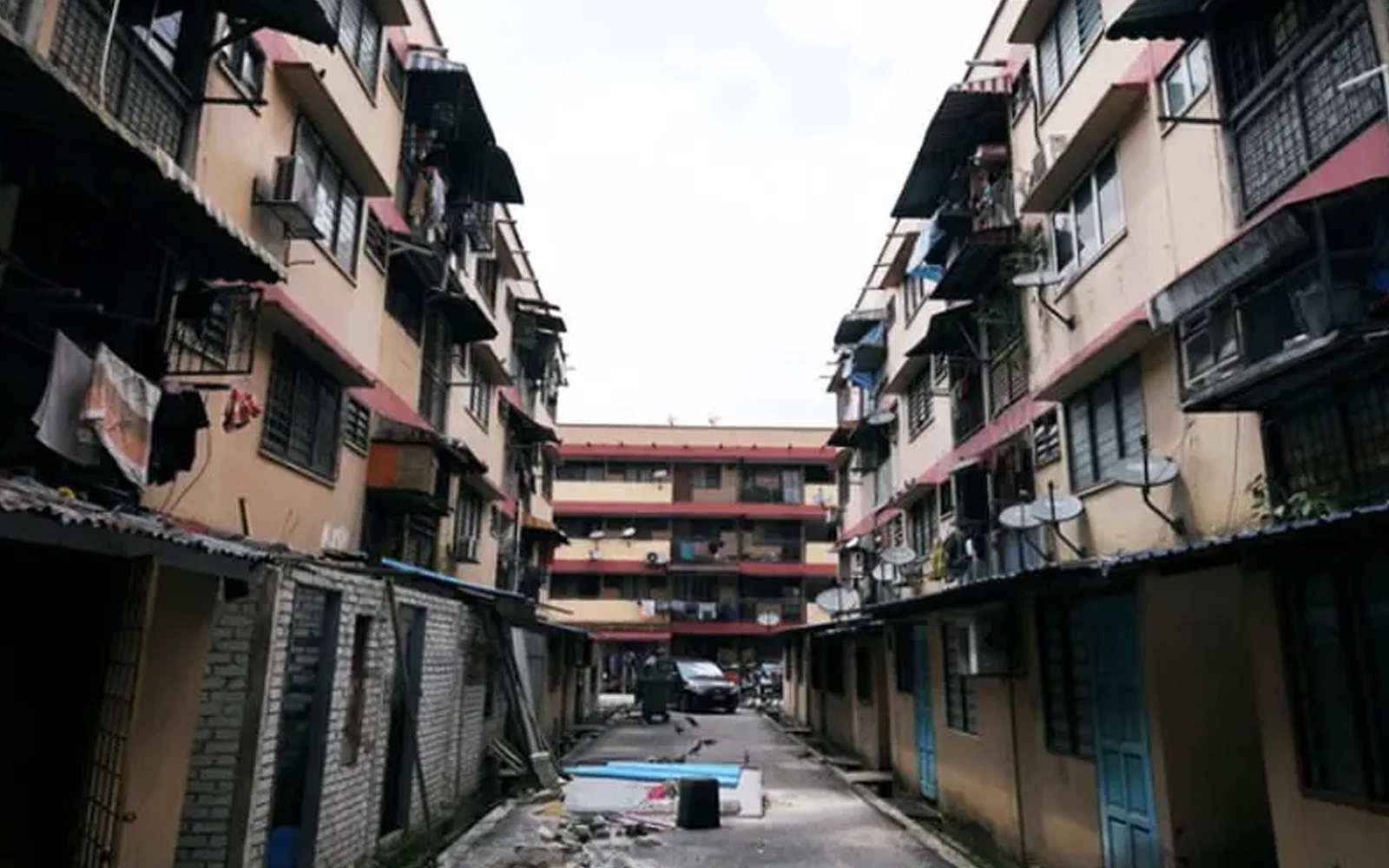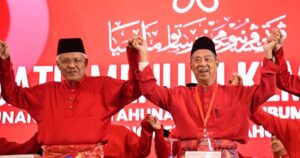
The proposed Urban Renewal Act (URA) scheduled to be tabled in the Dewan Rakyat in June must take into account sensitivities, including the historical origins of residents’ land, said Titiwangsa MP Johari Ghani.
He said the redevelopment project at Kampung Sungai Baru, which remains stalled due to disputes raised by residents, should serve as a reference point for drafting and shaping the new legislation.
Johari also said that developers seeking to carry out projects in Kampung Sungai Baru must exercise caution if they intend to use the Land Acquisition Act 1960 to compel residents to vacate their homes.
“The government must take heed of the issues that have arisen in Kampung Sungai Baru and use them as a basis for incorporation into any legislation, including the proposed URA,” he said.
“It is critical to consider sensitivities, such as which areas should be included, because land in Kuala Lumpur is finite.
“If we are to redevelop flats that are between 50 and 70 years old, then a specific act (URA) is necessary – but it must be deeply mindful of the land’s historical roots to avoid mass evictions during redevelopment,” he added.
Johari, the plantation and commodities minister, made these remarks during a Buletin TV3 podcast yesterday while discussing the issues surrounding Kampung Sungai Baru.
He also emphasised the need for careful planning to ensure that residents enjoy long-term benefits, similar to how Kuala Lumpur City Hall has approached the redevelopment of dilapidated public housing projects.
“Redevelopment must be planned in a way that benefits the local community and their future generations. For example, when their children grow up and get married but cannot afford homes, redevelopment can provide additional units.
“They could continue living in the area, as the redevelopment – for instance, transforming a four-storey block into a 30-storey building – would create more housing units that could prioritise the original residents’ families,” he said.
According to Johari, this approach would allow children to live close to their parents, fostering a more sustainable and supportive community life.
The proposed URA is intended to replace outdated laws and regulations related to the redevelopment of ageing urban areas.






